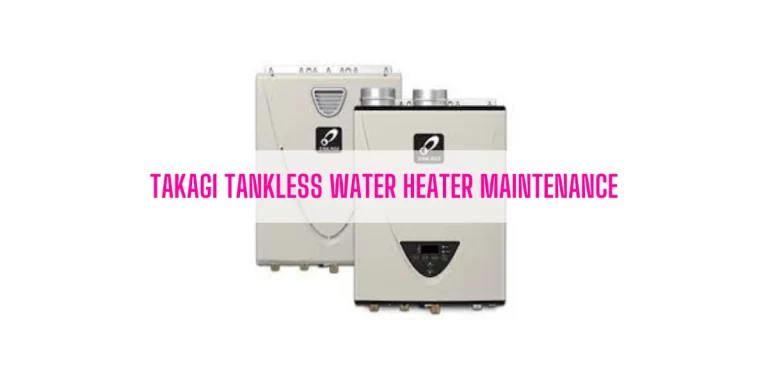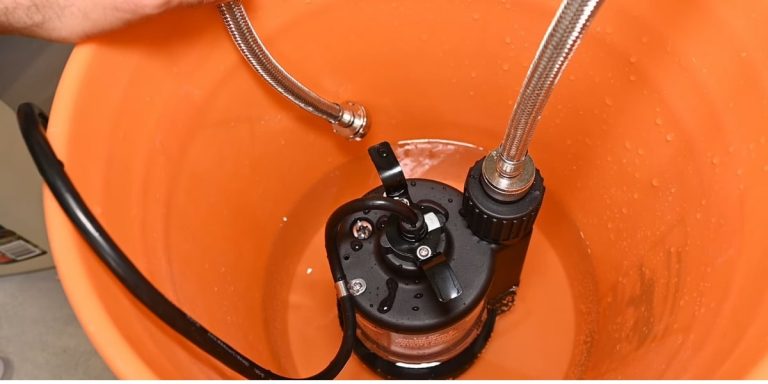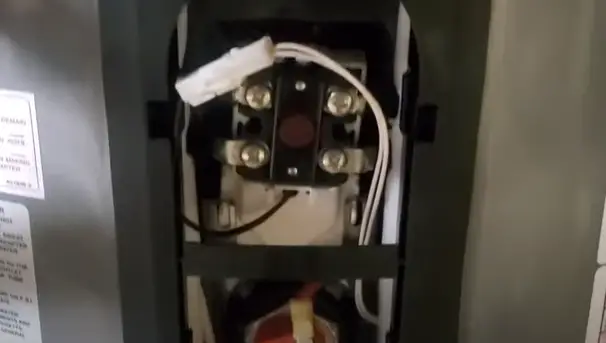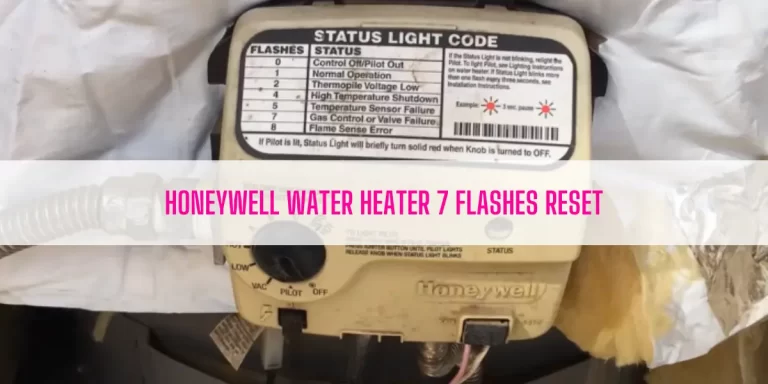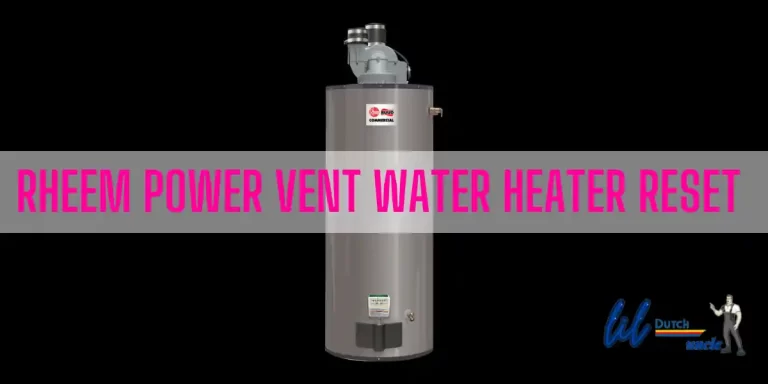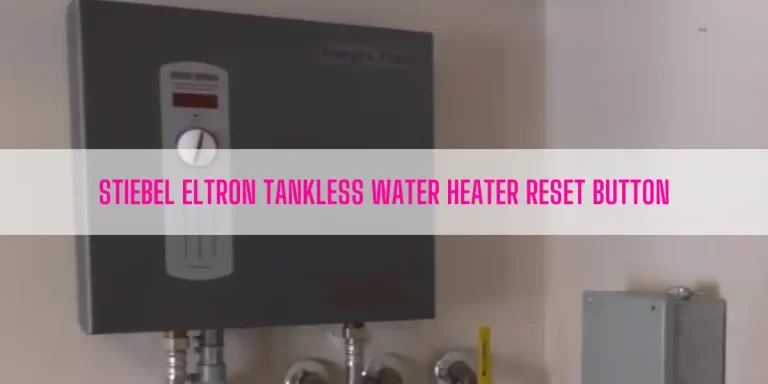This guide on Reliance Water Heater Element Replacement will break down:
- How do I know if my water heater element is burnt out?
- 7 easy steps to replace the heating element on Reliance Water Heater
- Is it worth replacing the water heater element?
- How much does it cost to replace a hot water element?
So, keep reading till the end and know how to change the heating element. It will save you up to $150 and of course, the time.
Table of Contents
- How Do I Know If My Water Heater Element Is Burnt Out?
- Reliance Water Heater Element Replacement [7 Easy Steps]
- Is It Worth Replacing Water Heater Element?
- How Much Does It Cost To Replace A Hot Water Element?
- FAQs
- End-Note
How Do I Know If My Water Heater Element Is Burnt Out?
Lack of hot water or no hot water out of the unit is the indication that the heating element gets burnt out.
But the best way is to check the heating element electrically, which will help you verify whether the heating element goes bad or not.
Regarding this, go along with the following procedure to test the heating element electrically:
To begin with, shut off the electric supply at the circuit breaker or remove fuses.
Then, use a Phillips head screwdriver to remove the screws that hold the upper access panel in place.
Next, fold away or remove the insulation to expose the upper thermostat and heating element.
With the non-contact circuit tester, check the top two screws of the upper thermostat to verify the power is off.
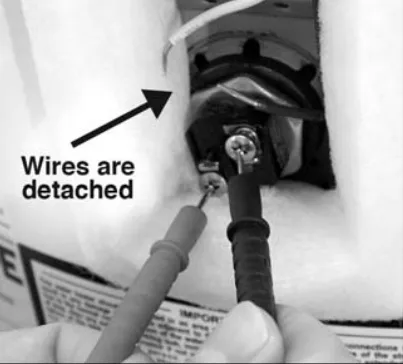
Afterward, detach the two power wires from the upper heating element. Then, measure the resistance of the heating element by placing the two leads of the multimeter between the two screw terminals on the heating element.
A healthy or good heating element will give a reading between 5 and 25 Ohms. If the reading goes out of range, I bet the heating element is bad or gets burnt out.
In this case, you must replace the heating element with a new one if you want to get hot water out of your Reliance Water Heater. And the next chapter will help you in making that replacement.
Note: The same procedure can be applied to test the lower heating element. Just remove the lower access panel and repeat the steps I mentioned for checking the upper heating element.
Reliance Water Heater Element Replacement [7 Easy Steps]
The following tools and supplies are required to replace the heating element on Reliance Water Heater:
- A Phillips head screwdriver
- A non-contact circuit tester
- A heating element with gaskets
- An element wrench
- Garden hose
Ensure you get the heating element that comes with the same wattage and voltage output as the old one. In this case, check the water heater’s data plate and buy a heating element according to that.
You can find the heating element in every hardware store or any big-box stores like Home Depot, Amazon, Lowe’s or Walmart.
Once you accumulate everything at your fingertips, follow the below step-by-step procedure to replace the heating element.
Step 1. Turn The Power Off
Start by turning off the power to the unit at the circuit breaker. Then, open the electrical junction box from the top of the unit. Check the power wires using the non-contact circuit tester to verify the power is off.
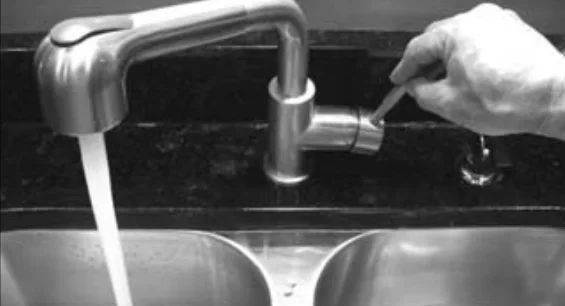
Additionally, you can run a hot water faucet and let it run until the water cools down. Ensure the water runs cool before draining the tank to prevent the risk of scalding.
Step 2. Drain Your Water Heater
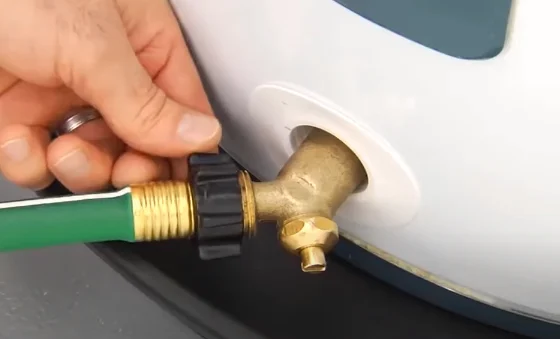
Attach a garden hose to the drain valve of the unit and place the other end of the hose to the nearest floor drain or outside. Don’t forget to close the cold water valve that supplies water to the unit.
Now, open the drain valve on the water heater and let the water drain through the hose. To make the draining process faster, you can open a hot water faucet.
Step 3. Remove the Upper or the Lower Access Panel
Remove either the upper or the lower access panel. If the upper heating element is at fault, pull out the upper access panel. On the other hand, you should remove the lower access panel to replace the lower heating element.
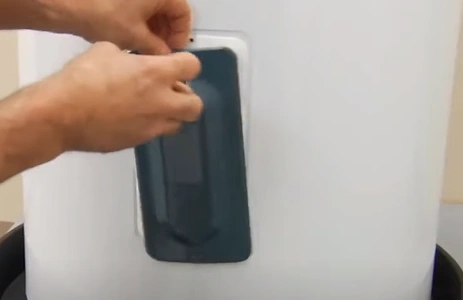
To remove the access panel, use a Phillips head screwdriver to remove the screw that holds the access panel in place.
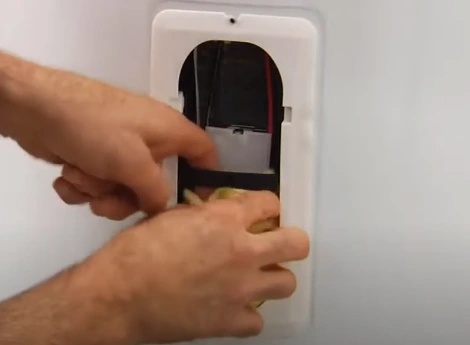
Next, fold back the insulation and the plastic element or thermostat cover to expose the thermostat and the heating element
Step 4. Remove The Heating Element
Ensure you drain the water heater and turn the power off. Then, remove the two power wires from the heating element.
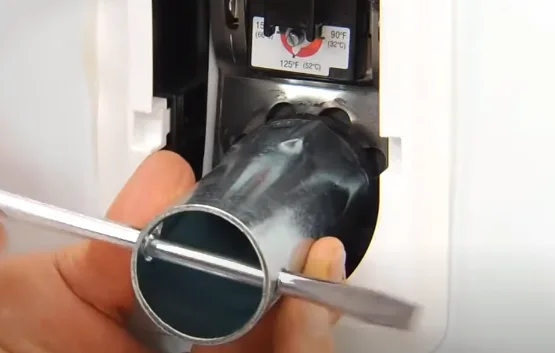
Now, use the element wrench to unscrew the bad or burn out heating element from your water heater.
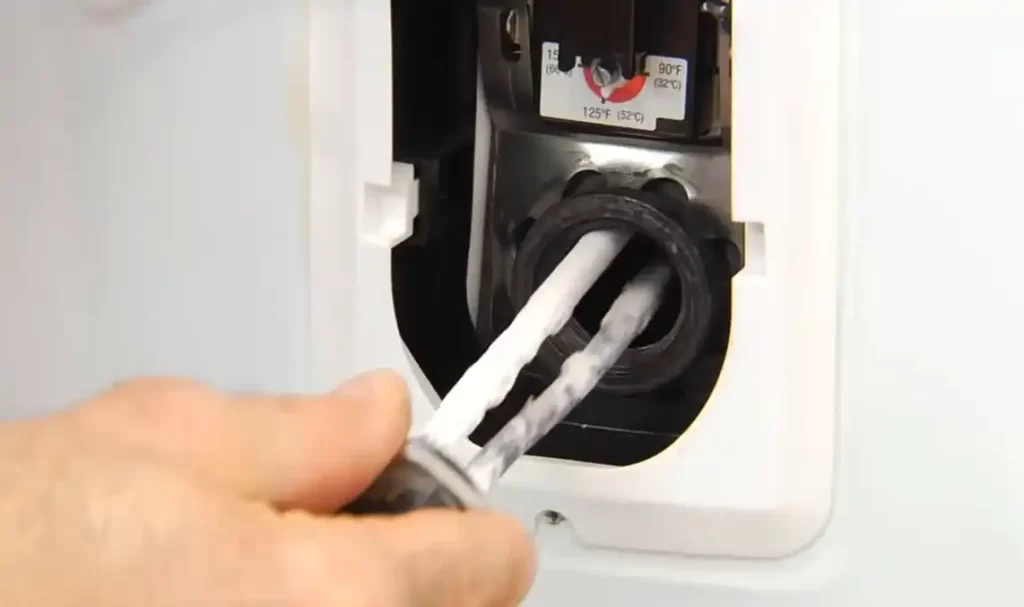
Then, remove the heating element out of your Reliance Hot Water Heater.
Step 5. Install A New Heating Element
Once you remove the bad heating element, install a new heating element. In this case, use a rag to clean the threads in the tank opening. Insert the new heating element equipped with a rubber gasket.
Step 6. Refill The Tank
Before restoring the power, you must refill the tank with water. So, open the cold water supply valve.
Make sure you open a hot water faucet and the drain valve is closed. Run the hot water faucet fully for at least 3 minutes to bleed all the air from the tank. If you fail to perform this step, it can cause the heating element to burn out.
If you are sure the tank is full of water, close the hot water faucet. Take a look at your newly installed heating element for leaks. If water drips down out of it, tighten up the element until the leak stops.
Step 7. Replace Everything & Restore The Power
Once you successfully install the heating element and there are no leaks, re-attach the two power wires to the heating element. Also, replace the thermostat cover, insulation, and access panel.
Also, make sure all wire connections are tight and replace the cover on the electrical junction box.
Finally, restore the power to your Reliance Water Heater at the circuit breaker.
Is It Worth Replacing Water Heater Element?
Yes, it’s 100% worth replacing the water heater element if it goes bad.
The heating element on a water heater is responsible for heating the water. If this component gets damaged or burnt out, the unit will not heat the water. In other words, you will get no hot water out of the unit.
To get hot water out of your water heater, you must replace the heating element.
How Much Does It Cost To Replace A Hot Water Element?
You need to spend at least $200 to replace a hot water element professionally when the part itself is only $20.
Now, you may ask- why does it cost $200 to replace the heating element? Well, it’s the labor cost as the replacement workflow involves draining the water and disassembling the unit.
In short, it takes a lot of time and elbow grease to replace a heating element.
However, you can cut the cost if you install the heating element by yourself and it’s simple.
Just follow the step-by-step guideline I mentioned and have the heating element replaced successfully.
FAQs
Are heating elements for water heaters universal?
No, heating elements for water heaters are not universal and all of them come with different wattage and voltage ratings.
Can you change a water heater element without draining the tank?
No, you can’t change a water heater element without draining the tank. In short, drain the tank first and perform the replacement workflows later.
Which element goes out first on a water heater?
Generally, the lower heating element goes first on a water heater. But it’s not the case every time.
End-Note
It’s not rocket science to replace the water heater element on Reliance Water Heater. Just follow the 7 easy steps I mentioned above and get your water heater element replaced successfully.
Read Also:
- Reliance 606 Water Heater Troubleshooting
- Reliance Water Heater Anode Rod Replacement
- Reliance 606 Water Heater Thermocouple Replacement

Eric Alvarez is the head of content on LilDutchUncle.Com. He is an HVAC guy based in El Paso, Texas, United States. He obtained his Bachelor of Science degree from the University Of Texas at El Paso. Years of experience in the HVAC field have taught him many lessons, not the least of which is that the value of quality and knowledge far exceeds any promised initial savings. He has a good standing reputation for superior skills in heating, air conditioning, hot water tanks, and indoor air quality systems.
